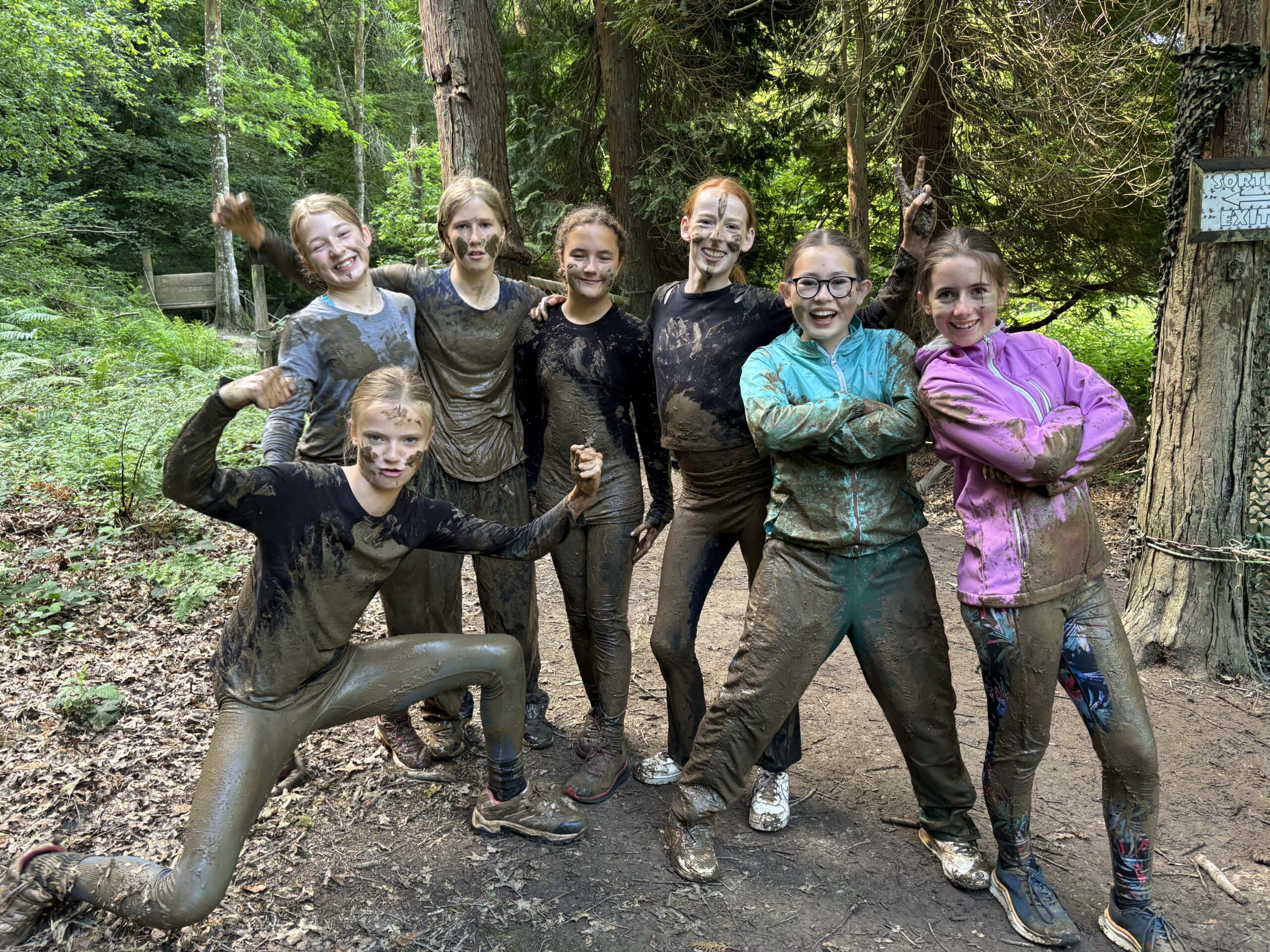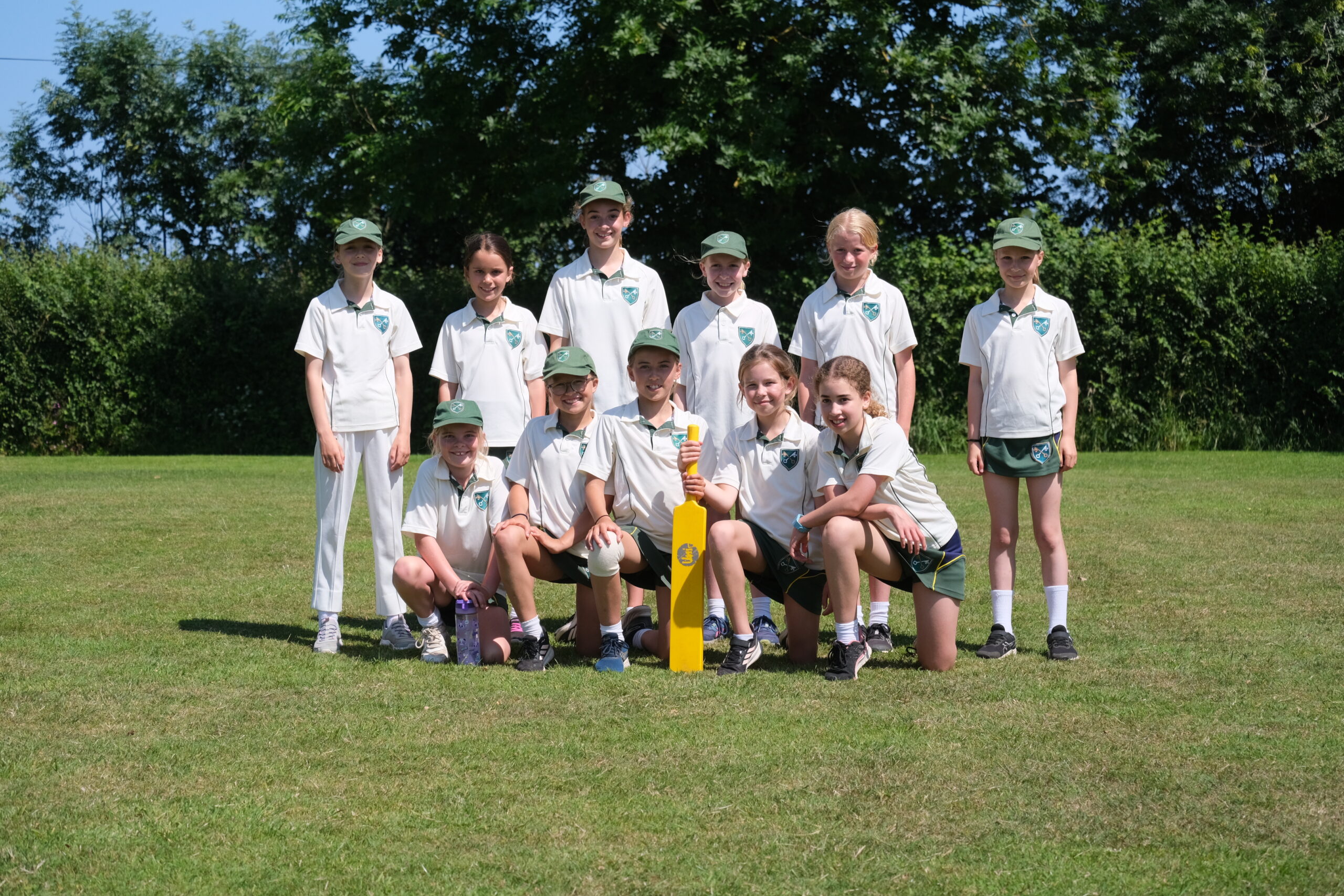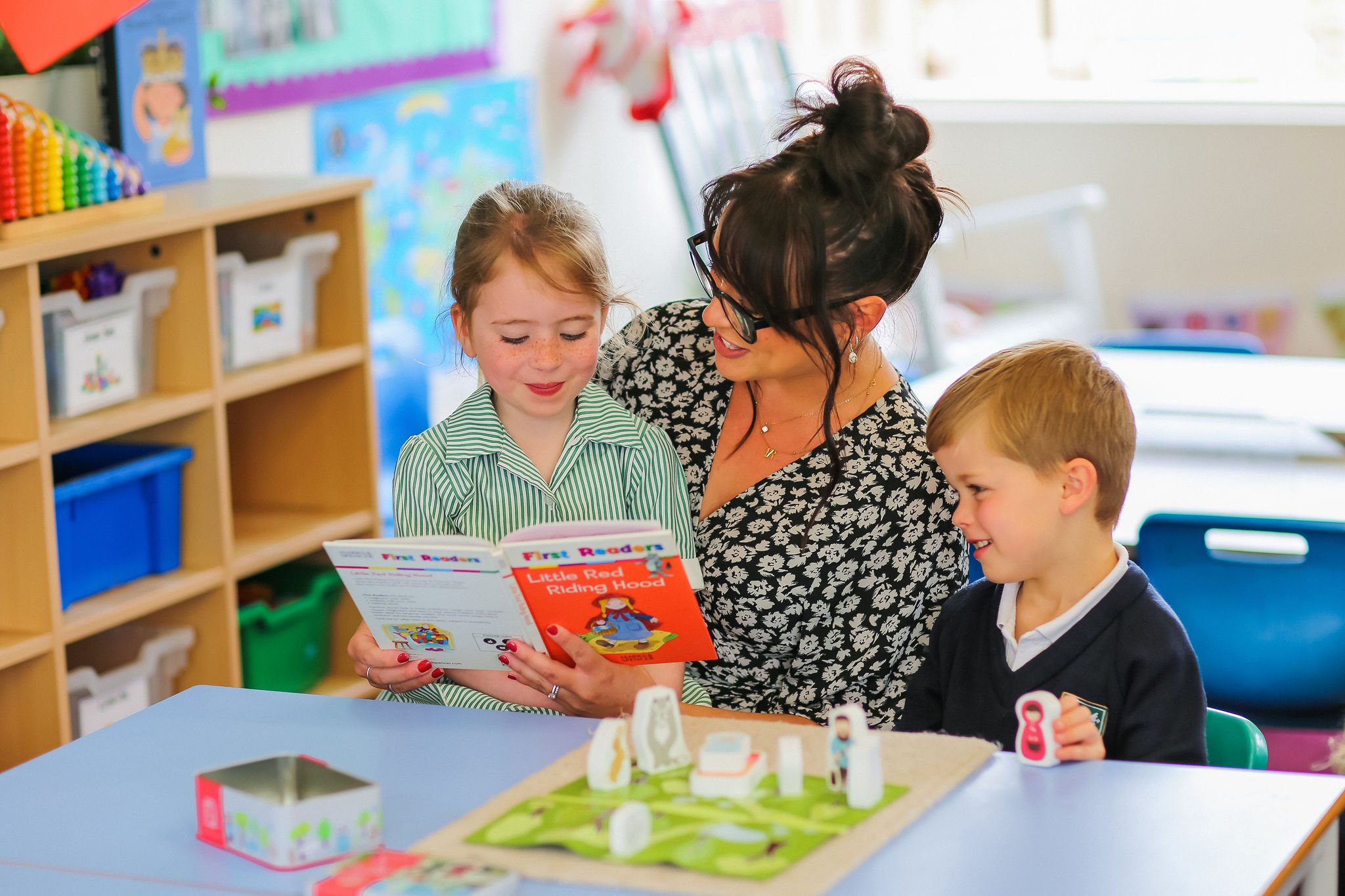Teaching your child good manners is an important part of their overall development. It would be a miracle if everyone was perfectly mannered all the time but it’s only human to make mistakes. So, it’s important to use these times as a way to teach your children to use their manners in the best possible way.
Raising well mannered children can be challenging; our guide is packed full of ways to help encourage your children to learn good manners.
1. Be a Role Model
Children learn by observing the behaviour of those around them, especially their parents and carers. When parents set a good example by displaying polite behaviour, such as saying “please” and “thank you,” using respectful language, and practising good table manners, children naturally pick up on these behaviours and over time will begin to copy.
By embodying good manners ourselves, we create a positive and influential environment that fosters the development of our children’s social skills and teaches them the importance of respectful behaviour.
2. Praise Good Behaviour
When you acknowledge and commend your child’s polite actions, it reinforces the importance of their behaviour. Positive reinforcement through praise and recognition helps children understand that their good manners are valued and appreciated.
It also encourages them to continue practising polite behaviour in different situations. By consistently praising their good manners, you not only reinforce positive habits but also boost your child’s self-confidence and motivation to exhibit good manners consistently.
3. Empathy and Respect
Empathy and respect play a crucial role in teaching children good manners. When children learn to empathise with others and respect their feelings and perspectives, they naturally develop an understanding of the importance of treating others with kindness and consideration.
Teaching children to put themselves in someone else’s shoes and consider how their actions may impact others, helps them to become more aware of the need for polite behaviour, encouraging children to communicate respectfully, listen attentively, and respond to others’ needs with kindness.
By emphasising empathy and respect in their interactions, children learn that good manners are not just about following rules but about valuing and respecting the dignity of others.
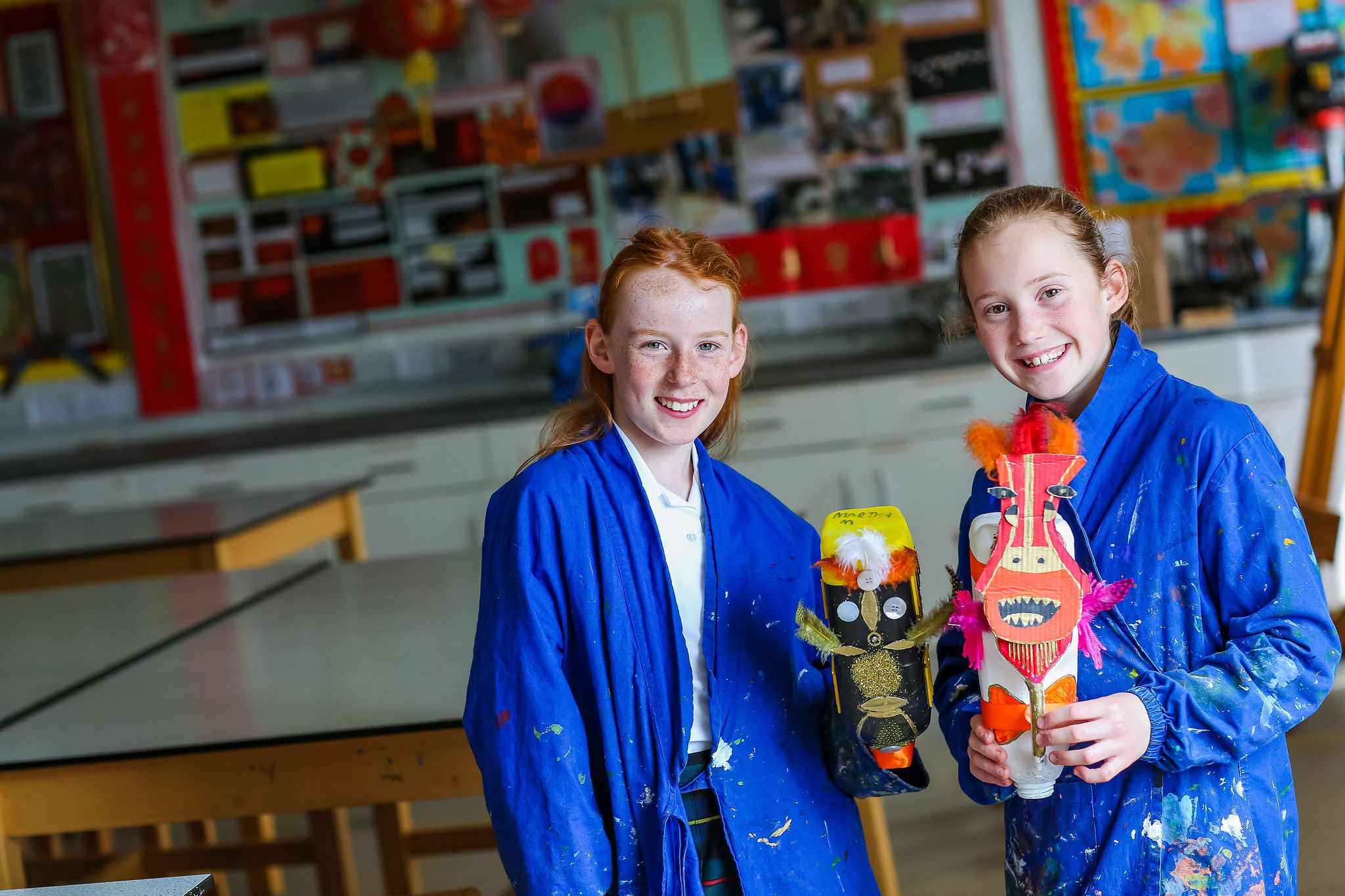
4. Use Positive Reinforcement
When parents or carers provide praise, rewards, or encouragement in response to their child’s display of polite behaviour, it reinforces the positive actions and encourages them to continue practising good manners.
Positive reinforcement helps children associate good manners with positive outcomes, such as parental approval, recognition, or even small rewards. This creates a positive cycle where children are motivated to consistently exhibit good manners because they have experienced the benefits of doing so.
By focusing on and highlighting their efforts and successes, positive reinforcement helps children understand the value of good manners, boosts their self-esteem, and reinforces their commitment to practising polite behaviour in various social settings.
5. Start Early
When children are exposed to and consistently practise good manners from a young age, it becomes ingrained in their daily interactions. Early exposure helps them develop a strong foundation for social skills and communication etiquette.
By consistently modelling and reinforcing good manners, parents and carers set clear expectations for behaviour, helping children understand what is considered appropriate and respectful.
Starting early also allows children to internalise and normalise polite actions, making them more likely to carry these habits into their later years, developing a solid understanding of social norms, empathy, and respect for others, paving the way for positive interactions and relationships throughout their lives.
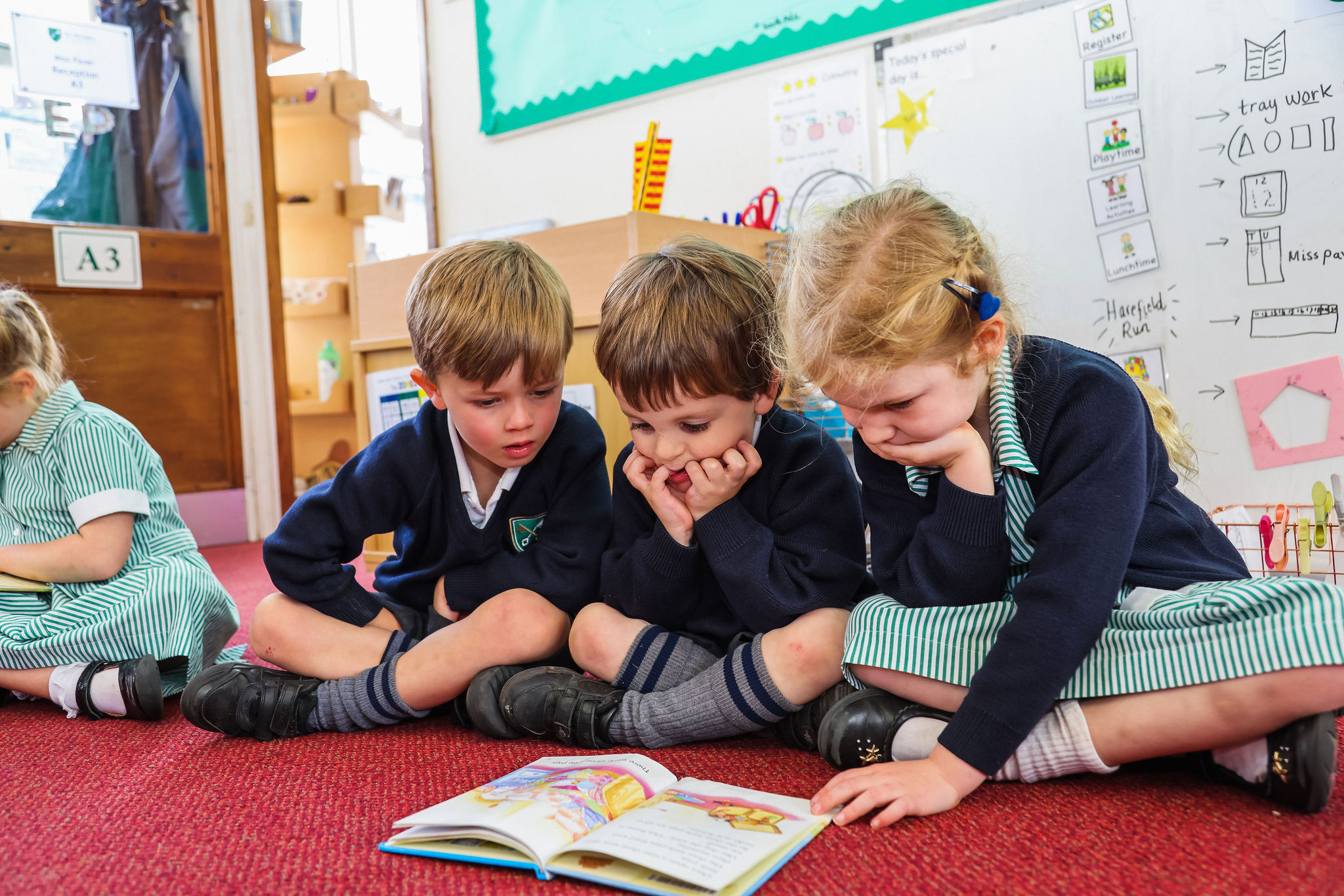
Here at St Peter’s Prep, independent primary school, we encourage all of our students to use and practise good manners, whether that’s in the classroom, on the playground, at lunchtime or outside of school time.
We include various activities that help to improve children’s manners including role-playing, discussions and group projects which allows our students to learn how to create a respectful and positive environment.
If you would like to discover more about our great school, please do not hesitate to get in touch or join us on an open day.








